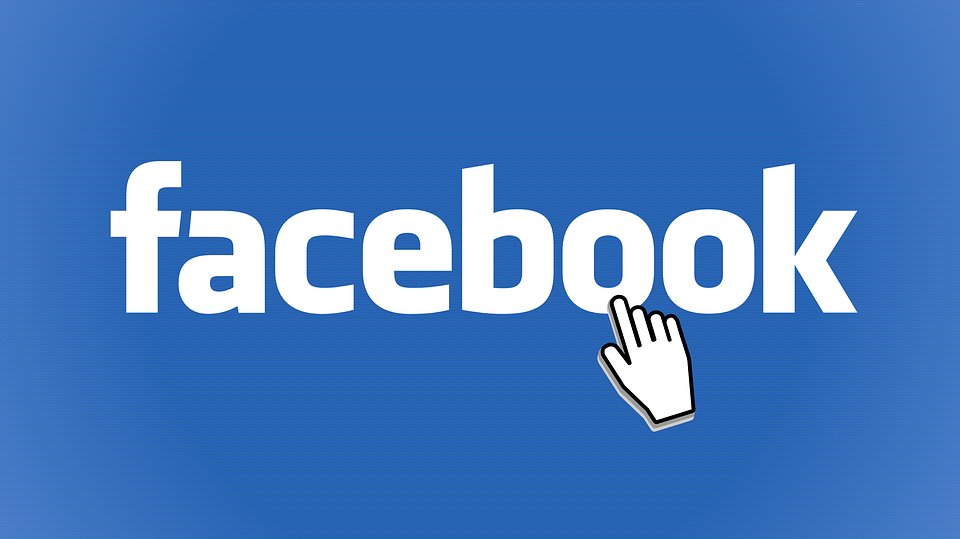Northeastern signs on as Facebook partner
January 19, 2017
Northeastern recently announced that it will join 16 other universities to form a partnership with Building 8, Facebook’s new technology division.
The partnership, which also includes Princeton and Harvard, intends to streamline research and allow Facebook to quickly start projects with the universities, according to a Dec. 21 statement released by Regina Dugan, head of Building 8.
“The SARA (Sponsored Academic Research Agreement) is designed to make it easier and faster for B8 to work with university researchers,” Dugan said in the statement. “Not in the nine to 12 months that’s typically required. But within weeks.”
The partnership comes on the heels of Facebook Chief Executive Officer Mark Zuckerberg’s April 2016 announcement of a 10-year plan, which focuses on technology in three areas: Virtual and augmented reality, artificial intelligence and global internet access.
Sophomore mechanical engineering major Kalina Yang said she’s most interested in the secrecy surrounding Building 8.
“If what [Facebook’s] working on is secret, it’s probably something cutting edge and exciting, which would be great to gain experience from as a co-op or working otherwise through this partnership,” Yang said.
Ahmed Busnaina, the William Lincoln Chair and distinguished Northeastern professor of mechanical and industrial engineering, said this partnership is different than others Northeastern has, such as an active one with Raytheon, an industrial manufacturing company, and one in negotiation with Northrop Grumman, a defense contractor.
“Those particular ones [with Raytheon and Northrop Grumman] are exclusive between Northeastern and the company,” Busnaina said. “This particular partnership with Facebook sounds like it’s a permanent agreement that includes 17 universities, including Northeastern. That means you write proposals and you get funded.”
While Building 8 is often secretive about their projects, Busnaina said Facebook may be trying to resemble companies like Skunkworks or SpaceX that have been able to push the limits on technology because they act independently and think long-term. Skunkworks and SpaceX both focus on the aerospace industry, making advancements in fields such as improved air mobility and rocket technology.
“Before SpaceX, for example, no one thought about those [technologies], even the big aerospace companies,” Busnaina said. “It took a small company with a dedicated group of people and funding to do this, because they don’t belong to a specific hierarchy – they don’t have to get permission. I think Facebook is trying to do this same thing.”
Busnaina said although details about the partnership have not been solidified, Northeastern has a lot to offer in both software and hardware technology. He said a lot of research at Northeastern has gone into nanomanufacturing, which can be used to make sensor technology, a type of artificial intelligence.
“You buy a product, for example, and it has a tag called electronic DNA, and that means it has information about the performance and what went into the product,” Busnaina said. “When you recycle it, you know what’s in it, so you know if you can recycle it. That’s what the future is. Your garbage can know what’s garbage and what’s not.”
Busnaina said this technology runs into problems because it’s often too expensive to use for everyday items. However, he said new breakthroughs at Northeastern in manufacturing the necessary parts have made creating these sensors much cheaper. As someone leading the research, he said he hopes to offer that to Facebook.
“All these things are coming but the cost is preventing them from coming [even though] the technology already exists,” Busnaina said. “[We can] bring the cost down so everyone can use it,”
Nadine Aubry, dean of the College of Engineering and a distinguished professor of mechanical and industrial engineering, said in a statement Jan. 9 that Northeastern students and professors are looking forward to working with Facebook.
“We are impressed by Facebook’s vision to develop the next generation of hardware products to enable the world to further communicate their thoughts and emotions, and are excited to be part of the inaugural team of universities who have signed SARA,” Aubry said in the statement.
Sophomore computer science major Emily Shi said she can only speculate what Facebook might be working on but is looking forward to the opportunities the company could provide students.
“It’s always nice to have more connections with bigger companies,” Shi said. “I know Facebook already recruits at Northeastern. I know they come pretty early in the beginning of the semester and it’s pretty low-key. If there were more connections with Facebook, there would be more opportunities for students and the companies to get to know each other. Any research connection could turn into a co-op or an internship or job.”
Picture courtesy Pixabay, Creative Commons







